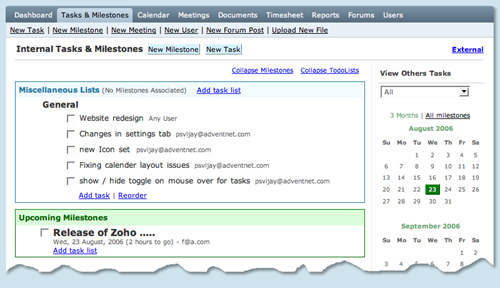Can you possibly get a patent on tax-avoidance advice? Apparently yes, says Jeremy Kahn at Fortune:
“In recent years, the Patent Office has begun granting patents to people who claim to have invented novel ways of avoiding taxes.
To tax shelter touts, the patents are a potentially deceptive new marketing tool. After all, if something is patented, it sounds as if it is government-approved. But just because something is patented doesn’t mean it’s legal.”
“Earlier this year, a Florida company called Wealth Transfer Group filed suit against John Rowe, the executive chairman of Aetna, alleging he infringed on the patent it holds for a tax savings technique involving the transfer of stock options to a certain type of trust because he used a similar technique without paying Wealth Transfer a licensing fee.”
This is utter nonsense and the consequences are dire. Tax advice as not that far from any other type of legal advice, and this goes directly against the logic of Case Law.
“If you can patent an interpretation of the tax law, why not patent anyone’s legal advice?” asks Carol Harrington, a lawyer with the firm McDermott Will & Emery in Chicago. “Then you could say people being prosecuted for murder can’t use a certain defense without paying a licensing fee.”
A practical concern is the Patent Office’s ability to make the right decisions: it has very few examiners with deep knowledge of tax law, especially of “creative technics” – just like it feels outdated in technology, software issues. Add to this the explosion in the number of patent applications “leaving examiners only 20 hours on average to comb through a complex application, research past inventions, and decide whether a patent should be granted.”
An unlikely alliance of Government and the largest Tech Corporations may soon bring the power of social computing to deal with this epidemic of shoddy patents. New York Law School professor Beth Noveck came up with the idea of letting outside peer reviewers participate in the patent examination / review process in a Wikipedia-like system.
The professor is getting technical help from IBM, and the Patent Office expects to run a pilot in 2007 on a few hundred patents applications made available by IBM, HP and Microsoft.
Another example of wikis put to good use. ![]()
Tags: patents, frivolous+patents, patent+office, uspto, tax+law, tax+loopholes, tax+avoidance, legal+advice, case+law, precedent+law, patent+abuse, wikis, wiki, wikipedia, social+computing, patent+review, patent+examiners




 Yeah, right. Today the story continues, as
Yeah, right. Today the story continues, as 


 In an ironic coincidence on the very day
In an ironic coincidence on the very day 
Recent Comments